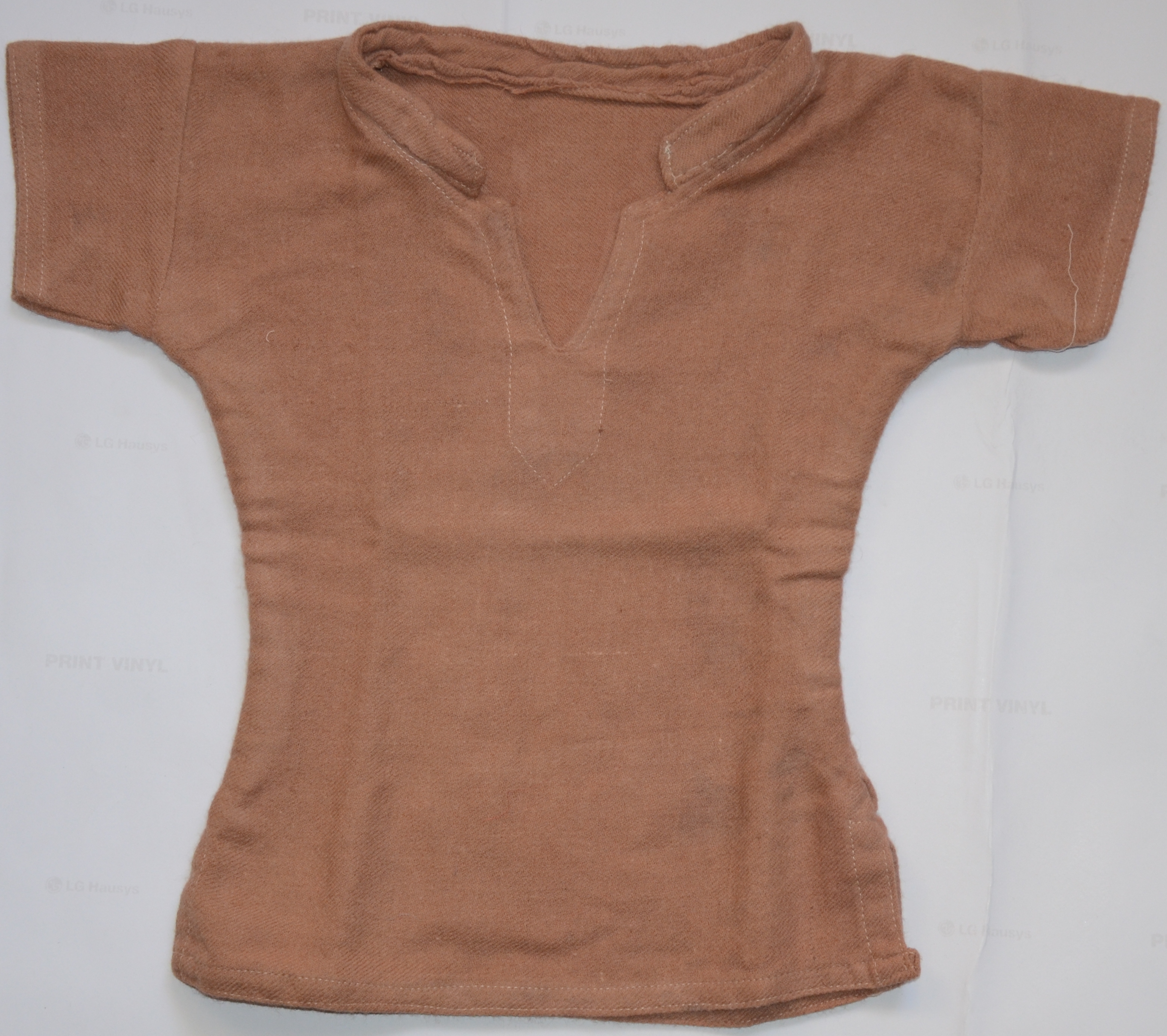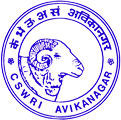|
|
|
|
|
 |
|
 |
|
BackPeanut skin: A source of sustainable eco-friendly dye for textiles
India ranks first in the world in peanut production with more than 25% area are under peanut cultivation. In 2014-15, India produced 6.68 million tons of peanut from an area of 4.19 million ha with an average yield of 1591 kg/ha. Major part of the peanut production goes to the peanut processing industry, where after shelling the kernel, the inner red colour skin of the peanut is normally removed for preparing peanut snacks and roasted peanuts. The red colour skin is generally thrown as waste or used as low-cost fillers in animal feed. An estimated 35 to 45 g of peanut skin is generated per kg of shelled peanut kernel. India is thus producing around 0.3 million kg of peanut skin in a year, which is sufficient to dye approximately, 4.0 lakhs kg of the fabric. The peanut skin hue varies from cultivar to cultivar. The flavonoids found in peanut skin are responsible for its colour and also valued for its medicinal properties.
The research team of Textile Manufacturing and Textile Chemistry Division in collaboration with Home Science department of Chandra Shekhar Azad University of Agriculture and Technology, Kanpur, extracted textile grade dye from peanut skin. The extracted dye was successfully applied in cotton, wool and silk fabrics. The colour uptake was highest for silk followed by wool and cotton. The dyed fabric got shaded in to sandal colour. The dyed samples possessed good fastness properties against washing, perspiration and rubbing. High ultraviolet protection, skin-friendliness, and good wash fastness properties make the dyed garments suitable for sun dresses, formal wears, and casual wears. Utilization of waste peanut skin for textile dyeing will not only reduce agricultural waste, but also provide additional income to the farmers. Farmers can profit not only from the peanut selling, but also from the dye, which they can easily prepare and supply to the concerned dye industries and eco-fashion designers to dye textile fabric, bags, sandal uppers, and furnishings. Peanut husk dyed fabric and utility articles are skin-friendly and non-polluting to the environment. The detailed study has been published in scientific magazine - Journal of Cleaner Production, Vol.172

|
|
|
 |
|
 |
|
|
|
|
|


